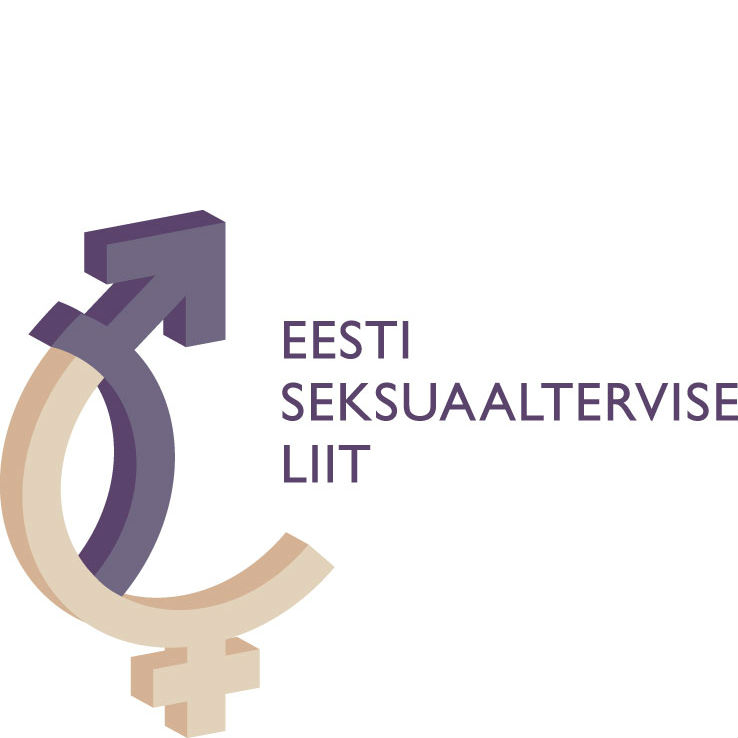

| 31 March 2016
Eesti Seksuaaltervise Liit / Estonian Sexual Health Association
The Estonian Sexual Health Association (ESHA, formerly the Estonian Family Planning Association) is a non-governmental organization, which was founded in 1994. The goal of the ESHA is to improve and promote sexual and reproductive health and rights (SRHR) of the people living in Estonia. Since 1995 the ESHA is a member of International Planned Parenthood Federation (IPPF) and adheres to its policies. ESHA promotes sexual and reproductive health and rights as defined on UN Cairo Conference of Population and Development (1994) and is committed among other aims to obtain equal rights for women, and to their empowerment. Main focus of activities is on youth SRHR education and sexual health counselling including HIV/AIDS prevention, but also a number of targeted programs have been carried out (addressing e.g. disabled people or victims of sexual violence). Information and educational materials to different target groups have been created and published as well as training courses in different issues have been carried out. Several media campaigns have been organised all over Estonia to target particular topic like intimate partner violence as an example. A network of youth counselling centres has been established all over Estonia which operates free of charge for young people up to 26 years of age under ESHA coordination. In 2003 ESHA opened Sexual Health Clinic to provide integrated sexual health services besides young people for adult target group as well. In addition, free SRHR Internet counselling for young people is provided through ESHA home page www.seksuaaltervis.ee. ESHA aims to continuously support school sexuality education especially in talking about ”difficult” topics, such as living together with people having HIV/AIDS, sexual and reproductive rights, sexual diversity, sexual orientation, sexuality in media, pornography, gender and sex, communication skills etc. ESHA has been providing such sex educational training for young people and also for parents and specialists working with youth in Estonia and also in other countries (Kyrgyzstan, Moldova).

| 31 March 2016
Family Planning Association of Nepal
Established in 1959. the Family Planning Association of Nepal (FPAN) is Nepal's first national family planning service delivery and advocacy organization. It is a major collaborator of the Government of Nepal's national sexual and reproductive health (SRH) program, contributing a greater percentage of all SRH services in Nepal annually. FPAN serves Nepalese people in 44 districts, focusing on the poor, marginalized, socially excluded and underserved (PMSEU) populations, which include female sex workers, people living with HIV (PLHIV), LGBTIQ people, injecting drug users, men who have sex with men (MSM), migrant workers, people with disabilities (PWD), survivors of gender-based violence (GBV), urban slum dweller and people affected by disaster and crisis. The mission of FPAN is to "champion a volunteer movement for increased provision of SRHR to all, particularly to those most at risk, marginalized, and under-served". The planned outcomes set by FPAN for the strategic planning period (2016-2022) include: Nepal Government respects, protects and fulfil sexual and reproductive rights and gender equality; Nepalese people empowered to act freely on their sexual and reproductive health and rights; a high quality integrated sexual and reproductive health services delivered; and a high performing, accountable and strong FPAN. The success of FPAN is due to its extensive and diverse network of service delivery points, as well as its expertly trained staff and volunteers who provide services in areas where they would otherwise be unavailable. FPAN provides an Integrated Package of Essential Services (IPES), which includes sexuality counselling, contraception, including emergency contraception, safe abortion, STIS/RTIs, HIV & AIDS, obstetrics, gynecological and sexual & gender-based violence services. These services are provided across 974 service delivery points (including 270 clinical SDPs, 22 family health clinics, 56 community health clinics, 75 associate clinics, 117 mobile teams, and 794 non-clinical service delivery points). FPAN provides approximately four million SRH services each year across its service delivery points, with family planning accounting for 40%, STIs/RTIs for 14%, gynaecological services for 12%, HIV services for 10%, and other services accounting for the remaining 24%. FPAN has eight clinical training centres that are connected to its family health clinics, which provide full range of family planning and reproductive health services. The training centres are accredited by the National Health Training Centre, (MoHP). These centres provide a variety of family planning and sexual and reproductive health training to health care providers from FPAN, government, and non-governmental organizations (NGO) health facilities.







